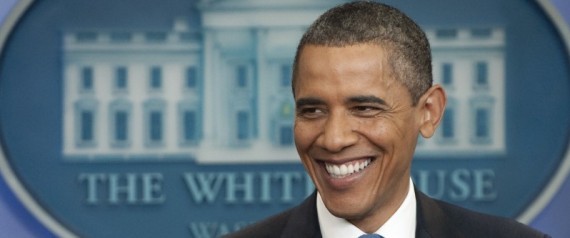 WASHINGTON (AP) — The first phase of a deal to raise the government's borrowing limit would pose little threat to the economy in the short term because almost none of the spending cuts would occur before 2014.
WASHINGTON (AP) — The first phase of a deal to raise the government's borrowing limit would pose little threat to the economy in the short term because almost none of the spending cuts would occur before 2014.Discretionary spending, which excludes Social Security, Medicare and Medicaid, would be cut by $21 billion in 2012 and $42 billion in 2013, according to an analysis by the Congressional Budget Office. That's a small fraction of the nation's $14 trillion economy.
"The immediate economic impact of the ... deal should be relatively minor," Brian Gardner, an analyst at Keefe, Bruyette and Woods, said in a research note. "As is usually the case, most of the cuts" have been put off for several years.
The first phase of cuts would reduce spending by $917 billion over 10 years. A congressional committee would decide on a second phase of cuts totaling $1.5 trillion.
The Obama administration had said the government would have run out of cash to pay its bills without an increase in the $14.3 trillion borrowing limit by Tuesday.
The deal comes as the U.S. economy is worsening. Manufacturing activity dropped to its lowest level in two years, according to a survey released Monday.
And economic growth dropped below 1 percent in the first six months of this year, the government said last week, much weaker than economists had expected. Government spending fell for a third straight quarter, contributing to the slower growth.
The sluggishness of the economy has raised concerns that it could slide back into recession. Its weakened state has reduced the economy's ability to absorb any new shocks, such as a sharp slowdown in government spending.
Still, the deal's overall approach mirrors advice offered this year by Federal Reserve Chairman Ben Bernanke. In testimony to Congress, Bernanke has advocated for a long-term deficit-reduction plan but has cautioned lawmakers not to make deep cuts while the economy remains weak.
Democratic lawmakers favored smaller cuts over the next two years to avoid hurting the fragile economic recovery, said staffers from both parties with knowledge of the negotiations. Republicans wanted upfront cuts totaling tens of billions of dollars.
The staffers spoke on condition of anonymity because they were not authorized to discuss the negotiations.
The deal enables the government to avoid defaulting on the nation's debt. Credit ratings agencies may still downgrade their ratings of U.S. debt.
There's little in the package that would promote growth, many economists said. And some measures that were intended to stimulate the economy are slated to expire at year's end. For example, the end of a Social Security tax cut and extended unemployment benefits, put in place late last year, will probably reduce consumer spending and limit growth, analysts say.
With Congress focused on the second round of cuts later this year, as called for under the agreement, it will be difficult to extend either measure. .
Michael Feroli, an economist at JPMorgan Chase, forecasts that cuts in federal spending and the end of the tax cut could reduce growth by about 1.5 percentage points in 2012.
Origin
Source: Huffington
No comments:
Post a Comment